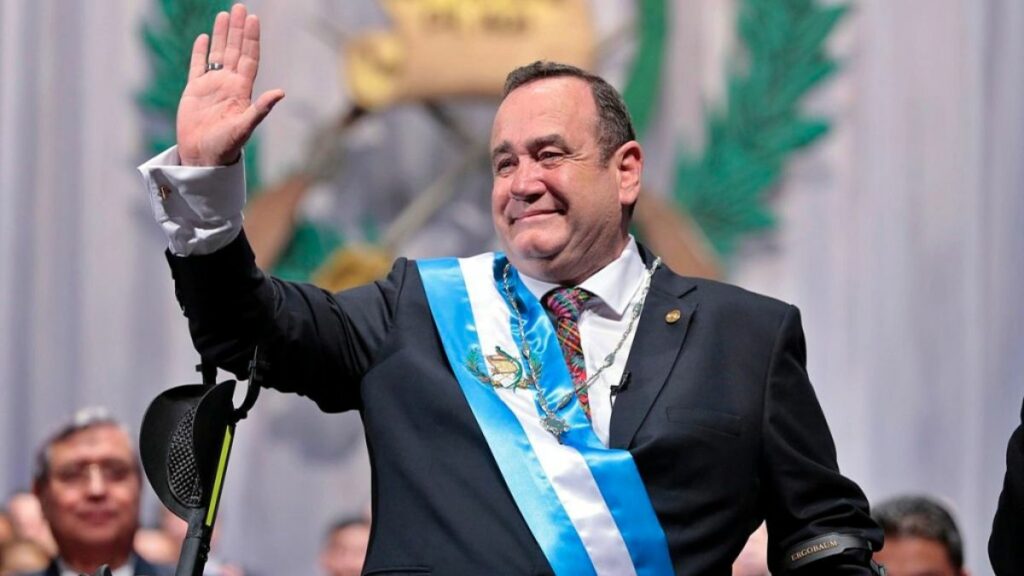Last updated on January 16th, 2022 at 01:28 pm
Guatemala’s commitment to life has been recognized internationally. In fact, the president, Alejandro Giammattei, announced that the country will be declared the “Ibero-American Capital for Life” on March 9. Thus the organization “The Family Matters Association of Guatemala” (AFI) welcomed the news. “It is the result of years of work, both by civil society and organizations actively working to support life, family and liberty, as well as by officials in various administrations who have used their positions to courageously defend these values.”
The announcement
Giammattei announced the recognition in December at an event hosted by The Heritage Foundation, which is based in Washington. The president said that Guatemala is “a country of faith,” such that in governing it “every institution” must have “a clear direction and coordination in respect for life from conception and in the protection of the family as the central axis of society.”
Pro-life and pro-family policies
In July, President Giammattei presented a National Plan for the Protection of Marriage, Family and Unborn Life involving 11 ministries and numerous state agencies. Giammattei said this initiative is “the most complex public policy ever” and will be accomplished “in the largest inter-institutional coordination in history.”
The “Geneva Consensus“
But Guatemala’s commitment to life and family has older roots. Among the evidence of this commitment, the AFI highlighted the statements made by the government in favor of life at the UN and the signing of the “Geneva Consensus“; the world’s largest defense of the right to life and the natural family, which was strongly desired by the then-outgoing Trump Administration.
The AFI has defined the latter “a transnational document for the protection of human rights, life, family, and liberty around the world that commits countries to improving access to health care for women, preserving human life from conception, strengthening the family as the foundation of society, and protecting national sovereignty from the imposition of anti-rights laws.”
Other initiatives
Speaking of Guatemala’s commitment to life, the AFI also highlighted the “ruling of the Supreme Court of Justice, made final in 2018, prohibiting the distribution of materials that promote abortion in any way.” Not only that, at the parliamentary level, the AFI memo continues, “pro-life education events have been organized, convened by the Congressional Board of Directors; the Parliamentary Front for Life has been created; and the majority in the House has stopped efforts by left-wing politicians to advance the abortion agenda.” It is no coincidence that Planned Parenthood was prevented from registering as an organization in the country and that in 2017 the ship Women on Waves, which intended to perform abortions by taking Guatemalan women into international waters, was expelled from the country.
Child labor
The AFI would like to emphasize that there are more than 45 associations affiliated with it that “every day work for life from conception in all its phases, as well as for the welfare of families, women, children, youth, adolescents and the elderly.” Last year alone, he notes, these associations impacted 3.5 million people. The defense of life is 365 degrees: the government of Guatemala has, in fact, developed a National Strategy for the Prevention and Eradication of Child Labor and the Protection of Adolescent Workers that covers the years 2021 to 2025. The commitment in this regard has allowed Guatemala “to be recognized by the U.S. Department of Labor, for four years, as one of the countries with significant progress in the fight against child labor.”
